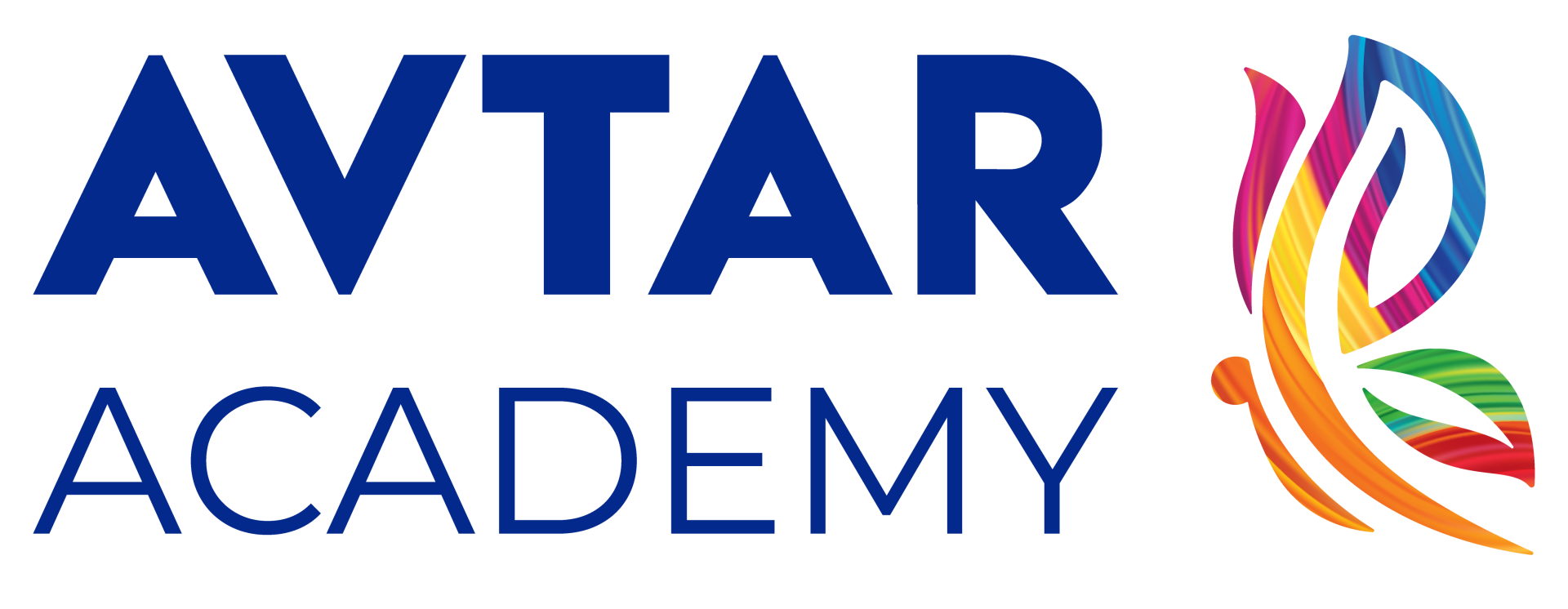Do you know communication and technological advancements are important factors in inter-generational diversity? We look at why age or year determined generational cohorts may not be relevant anymore.
-Not all generations could relate to all the characteristics that defined their generation.
-Some participants belonging to the Gen X cohort could relate to the millennial generation and vice-versa.
The same applies to all the generational cohorts. Considering that the ‘year-defined’ generational cohorts may not be relevant anymore, here are some strategies organizations can follow to ensure inter-generational diversity:
Value ideas over age and hierarchy
Treat everyone with respect and as equals.
Sensitize all generations.
Create an experiential learning environment that allows them to make mistakes
Understand what everyone has brought to the table, irrespective of age and level.
Let go of this phrase “This is how I did things X years ago”
We should be problem solvers and not problem finders.
Kindness, compassion, and empathy allow for a relational work style.
Today, five different generations like Baby Boomers (1946 – 1964), Gen X (1965 – 1979), Gen Y (1980 – 1995) also called Millennials, and Gen Z (1996 – 2013) are working together. While organizations are trying to accommodate the different perspectives, they are grappling with ageism. Ageism refers to preconceived notions about different age groups.
Societal conditioning and technological advances are some reasons for ageism.
As Avtar rolled out the Generational Diversity program across several organizations, we observed the following,
-Not all generations could relate to all the characteristics that defined their generation.
-Some participants belonging to the Gen X cohort could relate to the millennial generation and vice-versa.
To understand why such disparities existed, we realized that irrespective of their birth year, some were exposed to technology sooner and some, later in their lives. This defined how comfortable people from different generations were adapting to changing technology.
The official birthday of the internet is celebrated on Jan 1, 1983, which means the internet became more accessible post that, and millennials do not know a world without the internet. Not all millennials will identify themselves with all the characteristics associated with them. The reason is some use social media as early as 18 years old, and some do not intend to be on social media at all, though they belong to the same generation.
The same applies to all the generational cohorts. Considering that the ‘year-defined’ generational cohorts may not be relevant anymore, here are some strategies organizations can follow to ensure inter-generational diversity:
Value ideas over age and hierarchy
Treat everyone with respect and as equals.
Sensitize all generations.
Create an experiential learning environment that allows them to make mistakes
Understand what everyone has brought to the table, irrespective of age and level.
Let go of this phrase “This is how I did things X years ago”
We should be problem solvers and not problem finders.
Kindness, compassion, and empathy allow for a relational work style.


